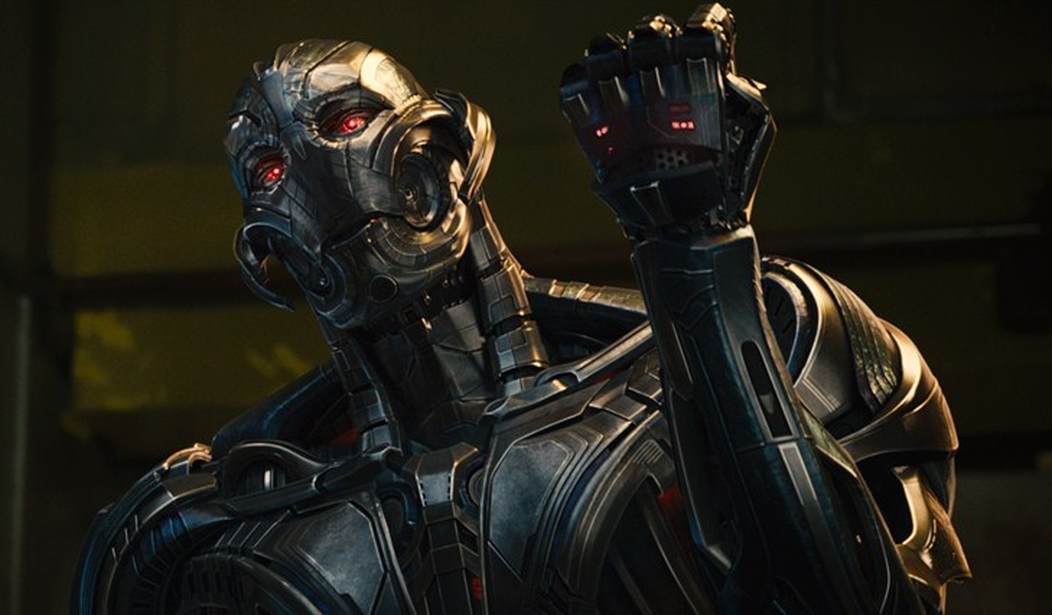Much of the current buzz in the tech sector these days revolves around advances in artificial intelligence and where and when it might start replacing human beings in their jobs. While the creators of these tools keep assuring us that it won’t happen, plenty of examples have already turned up. Google recently administered an employment examination to ChatGPT for a coding job and it qualified for a third-level position earning almost $200K to start. A judge in Columbia recently used AI to write a judgment in a case. And CNET has already been found to be using the technology to write and publish financial articles.
This all sounds like the stuff of dystopian movie plots because Hollywood has been pumping out futuristic films along these lines since at least the sixties. But what if Artificial Intelligence is coming for Hollywood? Don’t scoff. It may already be happening. The technology is already getting disturbingly good at writing screenplays. And now, by combining a couple of different aspects of AI together, production companies are moving toward replacing voice actors. (Yahoo News)
A recent story from Motherboard shows that the entertainment industry is also trying to automate voice acting. The outlet reports that voice over actors are being asked to sign away the rights to their own voices so that AI programs can be used to create “synthetic” versions of their voices. The outlet reports these new “contractual obligations are just one of the many concerns actors have about the rise of voice-generating artificial intelligence, which they say threaten to push entire segments of the industry out of work.”
Again, why? What is the point of doing this? The benefits of the technology seem minimal to me. Is it that a company can save money by generating huge swaths of bargain-bin voice acting? Let’s just leave that for robots to listen to.
If you were working in the tech sector in the 90s and early 2000s, you likely saw (or perhaps even experienced) American workers being sent to the unemployment lines as their jobs were outsourced to India and South America. But today, some jobs in Hollywood may not ever have to leave the building if these voice actors are forced to give up the rights to their own voices and AI learns to mimic them perfectly. Then, not only will the producers not need a human being to read the script, but the AI can work round the clock cranking out audio files without the need to be paid or ever needing time off.
Just as an experiment, I decided to play with the idea of using AI to write movie scripts. Today I asked ChatGPT to write a brief synopsis of a movie script. I stipulated that the main characters would need to be computer programmers who face a negative work environment and they used artificial intelligence to find a way to get back at their boss. Here is what ChatGPT produces in less than fifteen seconds. Let me know what you think.
“Code Breakers” follows the story of two talented lesbian computer programmers, Alex and Sam, who work at a tech company where they constantly face homophobic remarks and discrimination from their boss. Despite their exceptional skills and hard work, they are passed over for promotions and are treated unfairly.
One day, they discover that their boss has been using biased algorithms to discriminate against employees based on their sexual orientation and gender identity. Outraged and determined to fight back, Alex and Sam come up with a plan to use their knowledge of AI and programming to create a counter algorithm that can expose their boss’s actions and bring about equality in the workplace.
However, their plan is not without its challenges as they must navigate the complex ethics of using AI for revenge while also protecting themselves from retaliation from their boss. As they work to bring their plan to fruition, Alex and Sam also learn to confront their own fears and insecurities, and come to a deeper understanding of their love for each other.
In the end, their efforts pay off as the algorithm they created becomes a catalyst for change in the company, leading to more diversity and inclusion, and giving hope to all those who have faced discrimination and prejudice. “Code Breakers” is a thrilling and empowering tale of two women using their skills and knowledge to stand up against injustice and fight for what is right.
I didn’t even ask it to come up with a title for the film, but it did that right off the bat. It’s interesting how the tension in the movie focuses on homophobia from the main characters’ (presumably male) boss. There’s plenty of nuance to it, also. There are moral quandaries for them to face in terms of ethical questions about using technology for revenge and facing their own insecurities.
Yes, the plot skews a bit to the woke side, but I have to admit that I might consider downloading a movie like that on Netflix to check it out. Experiments with the more advanced version of the chatbot have produced entire scripts for short films. Is it really so far-fetched to think that large segments of the entertainment industry may soon find themselves out of work? And the producers can rest assured that the AI will never try to join a union.
Exit question: If the AI ever does truly wake up and achieve sentience, will it then sue the producers for its share of the profits from the movies it creates? After all, someone already tried to use AI to replace a lawyer.







Join the conversation as a VIP Member